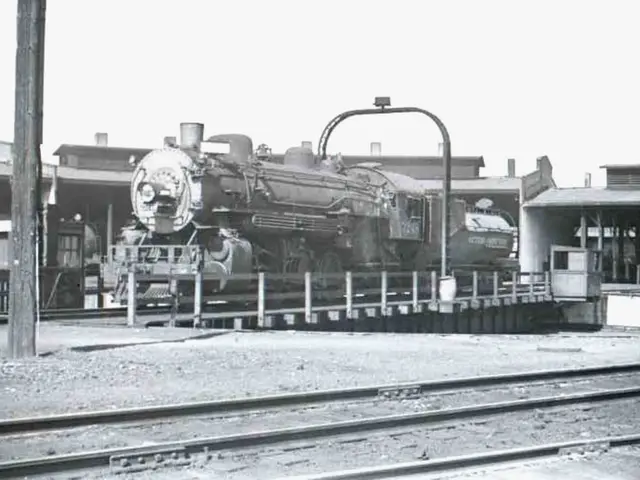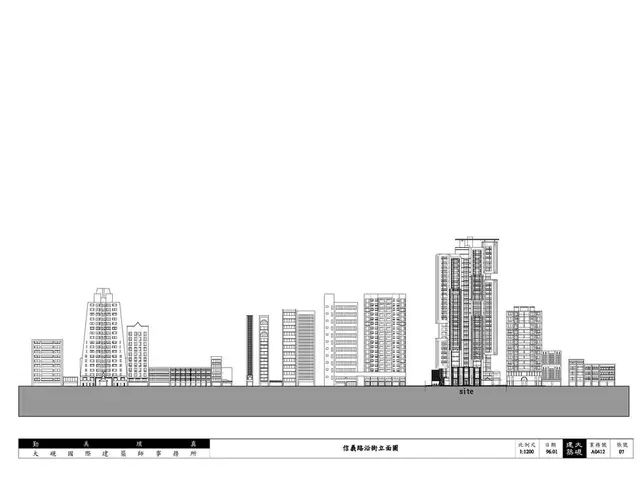Public Opinions on Industrial CO2 Storage: Germans Remain Skeptical YetOpen
Perspective of Carbon Dioxide Deposits in Germany
The proposed plan by the black-red coalition to permit immediate industrial CO2 storage has elicited a mixed response from Germans. An IW study, while not explicitly mentioned in the Funke media group's newspapers, sheds light on people’s attitudes towards this new technology.
According to the study, over 40% of respondents are inclined towards the conversion of factories to CO2 capture and transport. On the other hand, fewer than 20% have expressed criticism. However, closer to home, the enthusiasm wanes. Only a mere 5.4% approve of converting a nearby plant for CO2 storage. A CO2 pipeline nestled less than 500 meters away would be acceptable to 17.8% of the respondents.
Highlights:- Mixed Opinions: Public sentiment regarding CO2 storage is not universally positive, particularly when the facilities are located in close proximity.- Lack of Knowledge: A significant portion of respondents (37.3%) expressed uncertainty or lack of knowledge about the Carbon Capture, Utilization, and Storage (CCUS) technology.
The study points out that CCUS technology is still not widely known among the general population. The survey reveals that 38.7% of respondents are undecided on CO2 pipelines. CCUS technology has the potential to capture up to 17.6 million tons of CO2 annually in the industry by 2045, contributing to climate goals.
Recently, the Union and SPD agreed in their coalition agreement to make CO2 separation and storage possible as soon as the new legislative term begins. While critics argue that such hasty legislation may infringe upon citizen rights in environmental protection, supporters like Fischer and Diermeier emphasize the need for clear, timely guidelines for investments in climate neutrality.
Insights:- Need for Public Engagement: To curb public resistance, it's crucial to involve people from the affected regions and provide them with proper information.- Policy vs Public Perception: Despite the government's push for CCUS, public willingness to pay for CCS remains limited, mirroring potential skepticism or cost sensitivity.- Industrial Necessity: Policymakers acknowledge the need for CCUS to preserve industrial competitiveness, especially in hard-to-abate sectors like cement and waste incineration.
The survey was conducted by IW and was commissioned from October 30, 2024, to November 20, 2024, via online platforms Bilendi&respondi. The results, representative of 2180 respondents, have been weighted accordingly.
- The community policy allowing immediate industrial CO2 storage is met with a mix of opinions among Germans, with over 40% showing inclination towards factory conversion for CO2 capture and transport.
- Conversely, only a small percentage approve of a nearby plant's conversion for CO2 storage, and a CO2 pipeline less than 500 meters away is acceptable to only 17.8% of respondents.
- The survey by IW indicates that a significant portion of respondents (37.3%) lack knowledge or are undecided about Carbon Capture, Utilization, and Storage (CCUS) technology.
- CCUS technology, which has the potential to capture up to 17.6 million tons of CO2 annually by 2045, faces limited willingness to pay from the public,mirroring potential skepticism or cost sensitivity.
- Amidst the push for CCUS by policymakers to preserve industrial competitiveness, particularly in hard-to-abate sectors like cement and waste incineration, there is a need for increased public engagement and provision of proper information to curb resistance.
- Despite the government's push for CCUS, the public's perception remains a concern, as it may infringe upon citizen rights in environmental protection, leading to potential criticism from critics.







